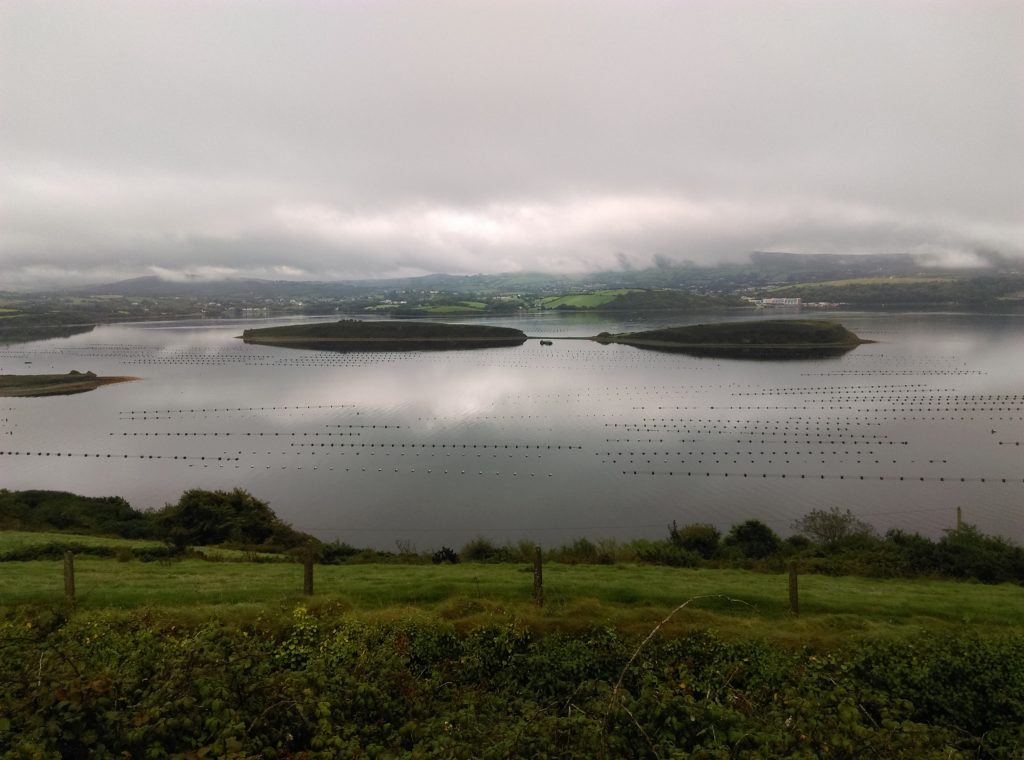
With the growing pressures on the global fisheries to provide more product than is readily available, aquaculture has become increasingly prominent in recent years. The major constraint facing the development of the aquaculture industry at present is the need for space. Marine organisms require the water in which they live to have the proper physical and chemical parameters to yield large, healthy individuals.
Such conditions are very difficult to maintain in ponds or tanks due to the requirement for complex water treatment systems and filtering devices to remove potentially toxic materials and natural wastes. Most attempts to raise marine organisms on a large scale involve significant economic activity.

In Co. Cork, the largest finfish species to be farmed is salmon, with 4,269 tonnes produced annually (BIM, 2017). This demand for a high usage of physical space, be it in cages, tanks or ponds, where regulations and biological information, constrains the number of fish per unit area, in order to produce commercially viable product (Theodoru, 2002).

